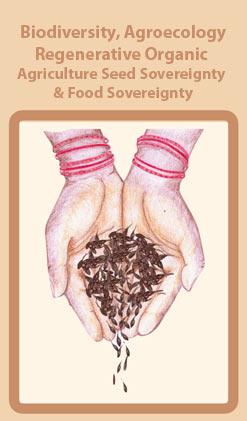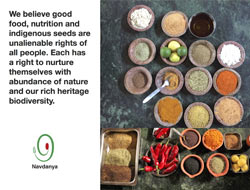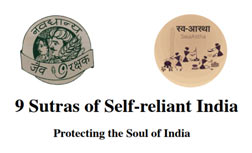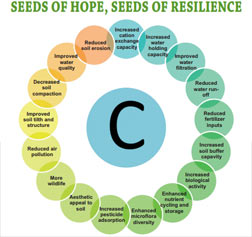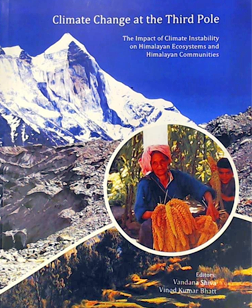We found 9,000 biopiracy patents related to Ayurveda, which will be used to restrict access to these heritage medicines by the Indian people and small-scale pharma businesses.
Following Prime Minister Narendra Modi’s meeting with President Barack Obama on September 30, US and India issued a joint statement: “Agreeing on the need to foster innovation in a manner that promotes economic growth and job creation... committed to establish an annual high-level Intellectual Property (IP) Working Group with appropriate decision-making and technical-level meetings as part of the Trade Policy Forum.” Earlier, the US had put India on its 2014 “Priority Watch List” and initiated the current Out-of-Cycle Review of India’s Intellectual Property laws (IPR). Indian authorities have disagreed with such unilateral measures by the US government.
Over the last two decades, patent laws have taken a perverse direction from seemingly protecting novel ideas and products of intellect to being used by major corporations to establish monopolies over necessities like seed, food and medicines. Such monopolies violate Article 21 of the Indian Constitution, which guarantees citizens the right to life.
It is time to re-visit our IPR policies in the context of our civilisational imperative, our Constitution and to protect India, her people and businesses. Patents on life violate the “Ordre Public” or moral order embodied in the philosophy of Vasudhaiva Kutumbakam all beings on earth are family. IP laws need to be subjected to ethical criteria, criteria of justice, and on a clear definition of invention.
When the US talks of strong patent laws, it is from a perspective restricted to corporate interest. On criteria of corporate rights at the cost of nature and people, US laws are strong. On grounds of ethical considerations, social and ecological justice, they are weak. India’s laws on the other hand, are strong when it comes to social and ecological justice.


